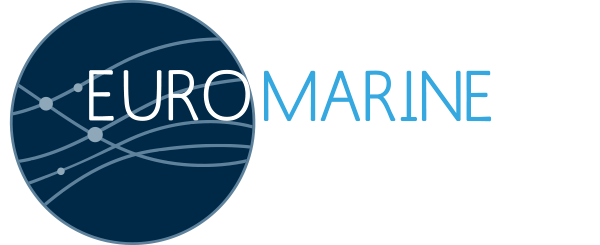News
The Working Group will be holding a workshop on 14-15 January 2020 in order to consolidate the knowledge gathered to date, establish detailed goals and targets and develop a plan for achieving them. Deadline for registration is 30 November 2019. To learn more about the workshop and how to apply, please visit the workshop's activity page.
Overview
The support and development of early career researchers is critical, as the first years of scientists can be the most active and stressful but also the most important in terms of career establishment. This is a key period where young scientists would benefit from mentorship when making decisions and setting priorities. The Second Orienting Young Scientists of EuroMarine (OYSTER II) Working Group follows directly on from the previous OYSTER Working Group (2018 call), which itself descended from the Young Scientist Working Group (YSWG). The previous iterations of this Working Group conducted a survey on the views and concerns of Early Career Researchers (ECRs). The results of the survey, which was received a strong response rate, fed into a workshop held in January 2019 which focussed on framing these findings and identifying critical challenge areas OYSTER and EuroMarine could address. The group members further refined this understanding through the rest of 2019 through direct interactions with ECRs and external ECR networks at conferences and workshops throughout Europe.
OYSTER II has set an agenda based on the knowledge and insights gained over the last two years, and will use this expanded understanding to further develop the capacity of EuroMarine to support ECRs. Overall, OYSTER II aims to:
- Engage with and represent early career scientists within the EuroMarine network.
- Contribute towards the cohesive outreach and capacity building of early career scientists across EuroMarine member organisations.
- Develop initiatives to support and integrate young researchers within the European marine landscape.
Key Objectives
OYSTER II specifically plans to:
- Empower ECRs by supporting their personal and professional development through skill-sharing sessions lead by experts from different sectors.
- Build on the 2018 survey findings to stimulate discussion and identify concerns and topics of interest to ECRs.
- Use the outcomes of their workshop to inform a redesigned and more effective 2020 survey.
- Design an OYSTER platform (including a mentorship programme, output documents and exchange forum).
- Establish an annual OYSTER meeting.
Expected Outputs
- A second survey of views and concerns of ECRs will be launched in 2020. The outcomes of the January workshop will provide important input for the survey design.
- OYSTER II aims to design an online platform providing ECRs with a mentorship programme, exchange forum and relevant online resources.
- The workshop outcomes and 2020 survey results will be compiled into a publication to be submitted to Frontiers in Marine Science (as an opinion paper), Marine Policy (as a report article) or to journals of equal quality.
Expected Impact
OYSTER II and its activities will provide ECRs with a platform to engage with each other and the greater marine science community. The working group will not only positively impact individual participants, but also the broader European marine science landscape. By communicating findings of the workshops and the survey the OYSTER II members expect to develop achievable actions and goals towards creating a productive working environment which will help drive key marine research in Europe and EuroMarine member states.


